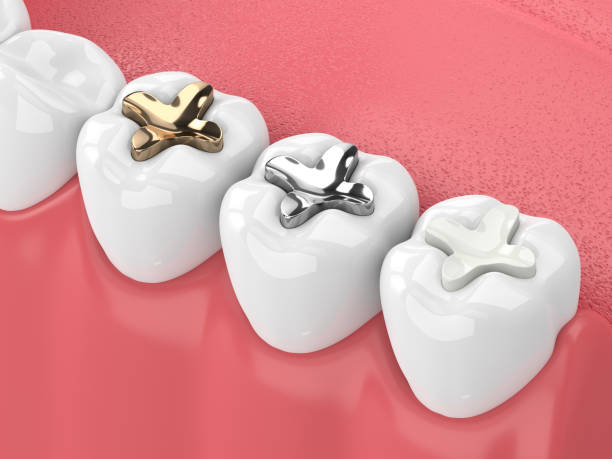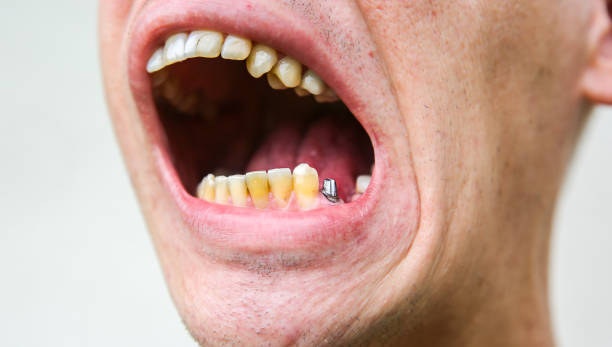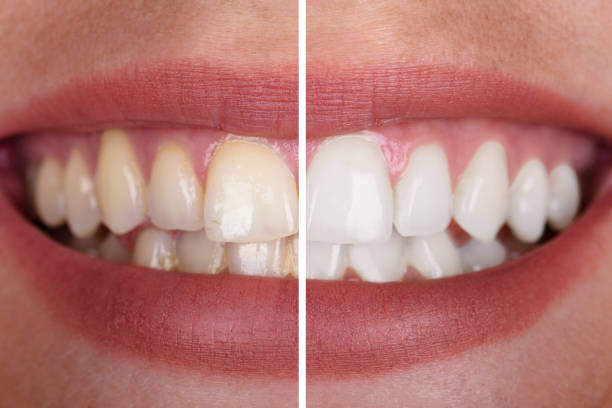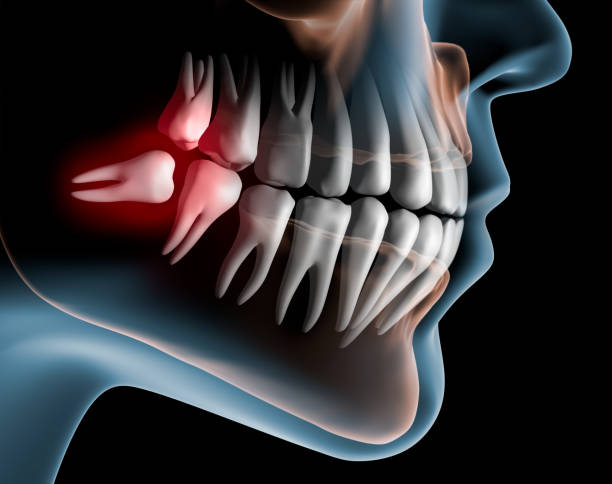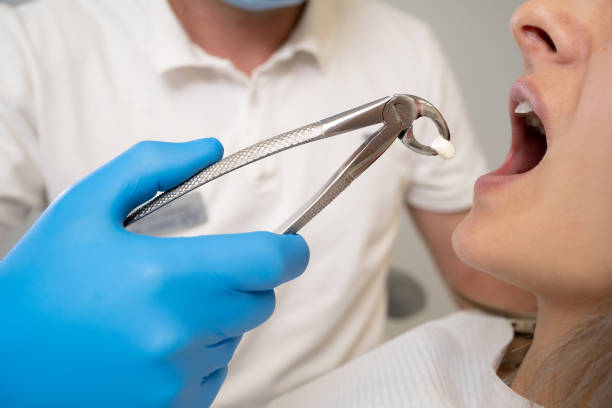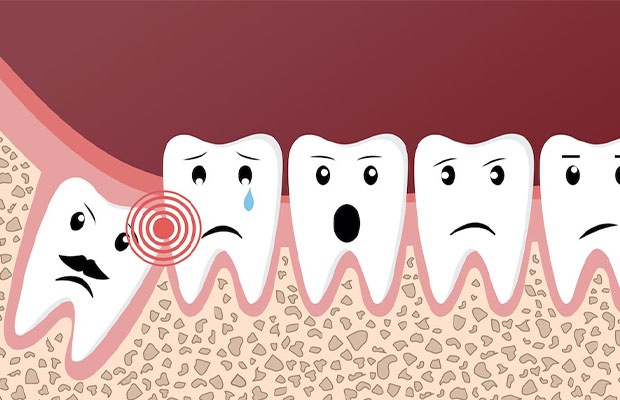Although dentists frequently advise against having wisdom teeth removed, for some people, these teeth erupt perfectly normally and there is really no need to remove them. Are there any benefits of keeping wisdom teeth?
In fact, it is preferable to leave wisdom teeth in a place where they do not negatively affect oral and/or general health. Wisdom teeth that have properly erupted support the back of the mouth and help preserve the jaw bone. The temporomandibular joint’s (TMJ) health will benefit from this support.
Keep reading and dog out more about keeping wisdom teeth.
Table of Contents
Understanding Wisdom Teeth
Since wisdom teeth are located in the back of the mouth, cleaning them can be more challenging. Their likelihood of developing gum disease and tooth decay is increased by this. When wisdom teeth suffer from decay, dentists typically remove them. Wisdom teeth can undergo procedures like fillings, but dentists don’t typically advise them because a wisdom tooth that is susceptible to decay is more likely to experience other problems in the future.
When a patient has their wisdom tooth extracted at the first sign of trouble, it often prevents them from needing further care for the same tooth in the future. The person does not lose anything because wisdom teeth are not required.
Keeping one’s wisdom teeth increases one’s risk of contracting infections and periodontal disease. If the eruption of wisdom teeth results in them pushing against other teeth or crowding the person’s jaw, it may also cause orthodontic problems. The person’s dentition may end up looking terrible as a result of this.
Ages 17 to 21 are when wisdom teeth erupt, and sometimes there isn’t enough room for them to erupt. This may cause a wisdom tooth to become impaled in the jaw or under the gums. A gum flap that is occasionally left behind after a wisdom tooth only partially emerges acts as a haven for bacteria.
Related Reading: Why Do We Have Wisdom Teeth?
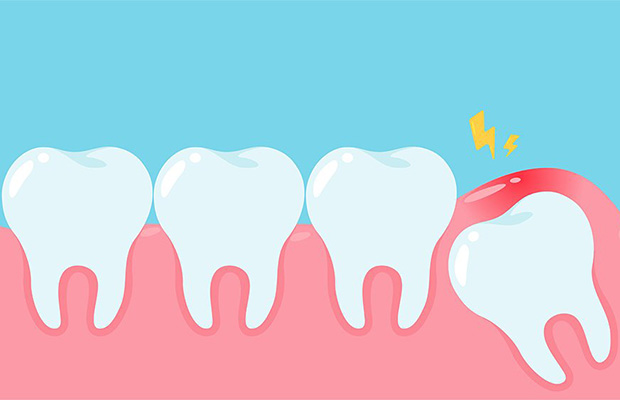
What Will Happen During Wisdom Teeth Removal?
Minor oral surgery is necessary for wisdom tooth extraction. The dentist will either perform a simple extraction or a surgical extraction depending on how much of the tooth erupts. When there is enough exposed tooth material for the dentist to easily pull the tooth out with forceps, simple extractions are carried out. When an incision must be made so the dentist can access the tooth more easily, surgical extractions are carried out.
The dentist will frequently administer a local anesthetic before beginning an extraction. The patient won’t experience any pain as the dentist works because the area has been numbed. To reach the tooth, an incision may be made, or the tooth may be broken up into smaller pieces.
An extraction-related recovery period of up to two weeks may be necessary. Throughout their recovery, patients should prepare for some pain and discomfort. Typically, painkillers on prescription are used to treat this. For the first few days following an extraction, it is best to stick to soft and liquid foods.
Related Reading: What to Eat After Wisdom Teeth Removal?
Benefits Of Keeping Wisdom Teeth
Not having to undergo oral surgery is arguably the biggest advantage of keeping healthy wisdom teeth. Because of their positioning and potential problems they may cause later, most patients have all four wisdom teeth removed.
Surgery is not necessary if wisdom teeth are healthy because they do not need to be extracted. Patients won’t have to deal with the pain associated with recovery from surgery or the temporary inability to eat solid foods.
Surgery always carries some risk, from infection after the procedure to adverse drug reactions during the procedure. You avoid such risks by forgoing wisdom teeth extraction.
Possible Alternatives To Wisdom Tooth Extraction
Filling a cavity: Filling a cavity on a wisdom tooth is safe as long as there is still enough tooth structure.
Creating a gum contour can be challenging because the gum that covers a partially erupted wisdom tooth can develop into an infection and bacterial haven. Bacteria won’t be trapped by sculpting or removing the gum that covers the tooth.
Proper care – due to their position, wisdom teeth can be challenging to clean. You can maintain healthy, clean wisdom teeth with the right equipment and procedures.
Irrigation: Irrigation can help remove bacteria that can cause infections from under the gum of a wisdom tooth that has partially erupted.
Regular dental checkups enable your dentist to monitor your wisdom teeth for potential issues in addition to helping you keep the area clean.
Avoiding unnecessary dental surgery is among the biggest advantages of keeping your wisdom teeth. The removal of your wisdom teeth carries some risks, just like any surgical procedure. You can prevent such risks by keeping your healthy wisdom teeth. By forgoing surgery, you can also avoid the healing process and any associated pain.
Unwanted wisdom teeth are frequently removed due to infection. Cleanliness is crucial if you want to keep your wisdom teeth. Your dentist will instruct you on how to properly care for your wisdom teeth after your consultation regarding them and your decision to keep them. You can keep your wisdom teeth healthy and overall health by taking the right care of them.
To determine whether you should keep your wisdom teeth, it is best to speak with a dentist or oral surgeon. A dependable expert can give you the information you need to make an informed choice. Maintaining routine dental checkups is crucial if you decide to keep your wisdom teeth in order to keep track of any changes. However, for many, extreme caution may be preferable to irreversible surgery.
Care For Your Wisdom Teeth
Cleaning is a significant factor in the removal of wisdom teeth. When it comes to proper brushing and flossing, wisdom teeth are situated at the back of the mouth and can be difficult to access.
Make sure to thoroughly brush them each day if you plan to keep your wisdom teeth. You won’t have to worry about any problems with the difficult-to-reach wisdom teeth if you maintain good oral health overall.
Give us a call if you’re not sure if you should have your wisdom teeth removed. We will help you to determine if removing your wisdom teeth is the right decision for you or your family member




